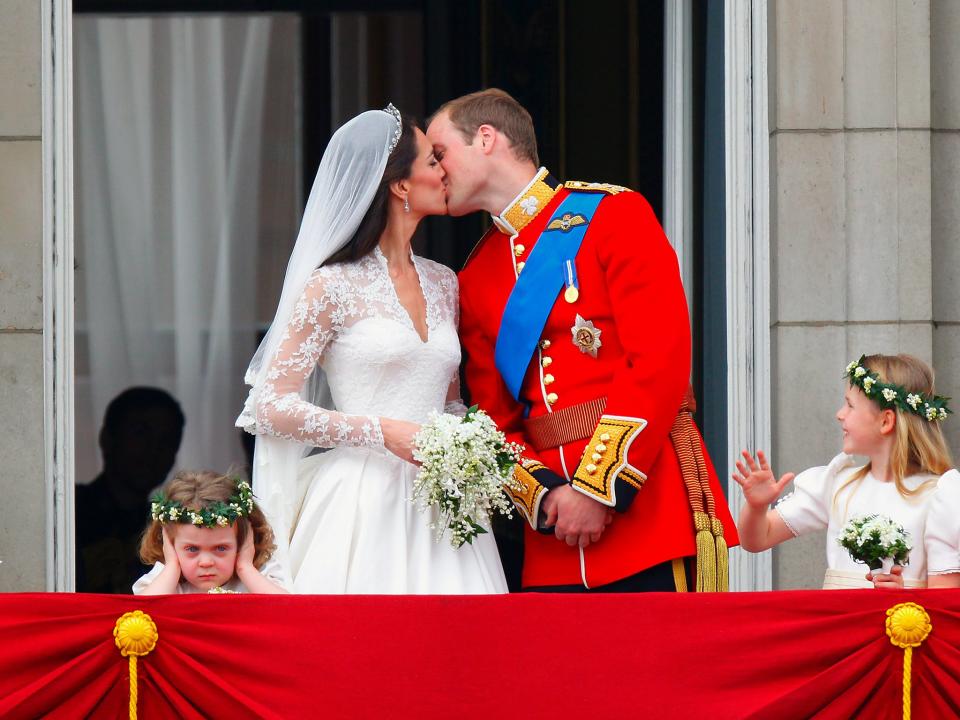Republican protesters ‘who planned to throw maggot confetti over William and Kate’ arrested before royal wedding, court documents reveal
Two protesters who allegedly planned to dress as zombies and throw maggots at Prince William on the day of his wedding to Kate Middleton were arrested before they could carry it out, court documents have revealed.
Officers did not violate international law by detaining the pair, and six others who had planned to take part in republican protests, to stop them joining London demonstrations the European Court of Human Rights (ECHR) found.
Judges said police were concerned that the protesters might cause a “breach of the peace” and held them for several hours during the wedding of the Duke and Duchess of Cambridge.
“Large numbers of foreign royalty and other heads of state” had gathered in London for the celebrations on 29 April 2011, a summary of their judgement said.
“Thousands of citizens were expected and the threat level from international terrorism was assessed as ‘severe’,” it added.
“The police had received intelligence that activities were planned to disrupt the celebrations. The applicants were taken to different police stations and released without charge once the royal wedding was over.”
Brian Hicks had wanted to attend a “Not the Royal Wedding” street party in Red Lion Square, London, while Edward Maltby, Patrick McCabe, Hannah Thompson, Daniel Randall and Daniel Rawnsley planned to join a republican protest in Trafalgar Square.
Fellow appellants Hannah Eiseman-Renyard and Deborah Scordo-Mackie had intended to take part in a “zombie picnic”.
The ECHR said: “According to information received by the police, those dressed as zombies would attempt to throw maggots as confetti at the royal wedding procession.”
The eight demonstrators were detained for between two and five-and-a-half hours.
They previously launched a legal challenge in Britain, but the UK Supreme Court ruled in the police’s favour in 2017.
The appeal to the ECHR argued that their human rights had been violated by “preventative detention”, which they said was disproportionate and could not be justified.
“The European Court found that the UK courts had struck a fair balance between the applicants’ right to liberty and preventing them from disturbing the public order and causing danger to the public,” the ECHR said after a committee of three judges from the UK, Czech Republic and North Macedonia considered the case.
They found the arrests were “necessary to prevent the likelihood of an imminent breach of the peace, taking into account the crowd size, international interest and ‘severe’ threat level on the day of the royal wedding”.
Judges noted that the protesters had been released as soon as the imminent risk had passed and that “their applications were inadmissible as manifestly ill-founded”.



